Men’s fertility drops faster than women’s: New studies
Fri 21 Nov 2025, 01:17:56
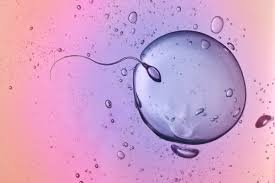
New studies are changing what we thought we knew about fertility and ageing. A recent report on Daijiworld points out that men actually face a steady drop in sperm quality as they grow older.
It is also said that as age increases, sperm become less active, carry more genetic errors, and may increase the chances of complications in future pregnancies.
Why sperm deteriorate faster as men grow older
Harmful DNA changes in sperm rise sharply after a certain age because sperm keep getting produced throughout a man’s life. Each new batch has a chance of picking up small mistakes, and these errors add up over time.
Do women’s eggs really age slower?
On the other hand, women’s eggs seem to tell a different story. A Live Science report highlights new research showing that human eggs have a built-in protection system that shields them from certain types of ageing.
Since women are born with all the eggs they will ever have, these eggs don’t go through constant cell division like sperm. This keeps the genetic quality of eggs more stable, even though the number of eggs
naturally reduces with age.
naturally reduces with age.
According to Dr Dhanyatha G S, Consultant Infertility and Reproductive Medicine, Rainbow Children’s Hospital, Bannerghatta, the hormones and strong mitochondria in the eggs help maintain their quality for many years. It does not really mean that the eggs are genetically weaker if women face difficulties with fertility as they age. The drop in the women's egg count is usually the reason behind it.
By and large, studies confirm a decisive statement regarding male reproductive capacity; it shrinks largely due to ongoing ageing-related deterioration of sperm quality, whereas women's egg quality remarkably holds steady for a longer period. This, in turn, contributes to a more distinct and less biased comprehension of reproductive health for both sexes.
Lifestyle factors that affect fertility for both men and women
Lifestyle habits such as stress, poor sleep, smoking, alcohol and untreated medical issues can affect fertility in both men and women. Regular check-ups, a balanced diet and maintaining a healthy weight play a key role in protecting reproductive health, regardless of age.
No Comments For This Post, Be first to write a Comment.
Most viewed from Health
AIMIM News
Latest Urdu News
Most Viewed
May 26, 2020
Should there be an India-Pakistan cricket match or not?
Latest Videos View All
Like Us
Home
About Us
Advertise With Us
All Polls
Epaper Archives
Privacy Policy
Contact Us
Download Etemaad App
© 2026 Etemaad Daily News, All Rights Reserved.


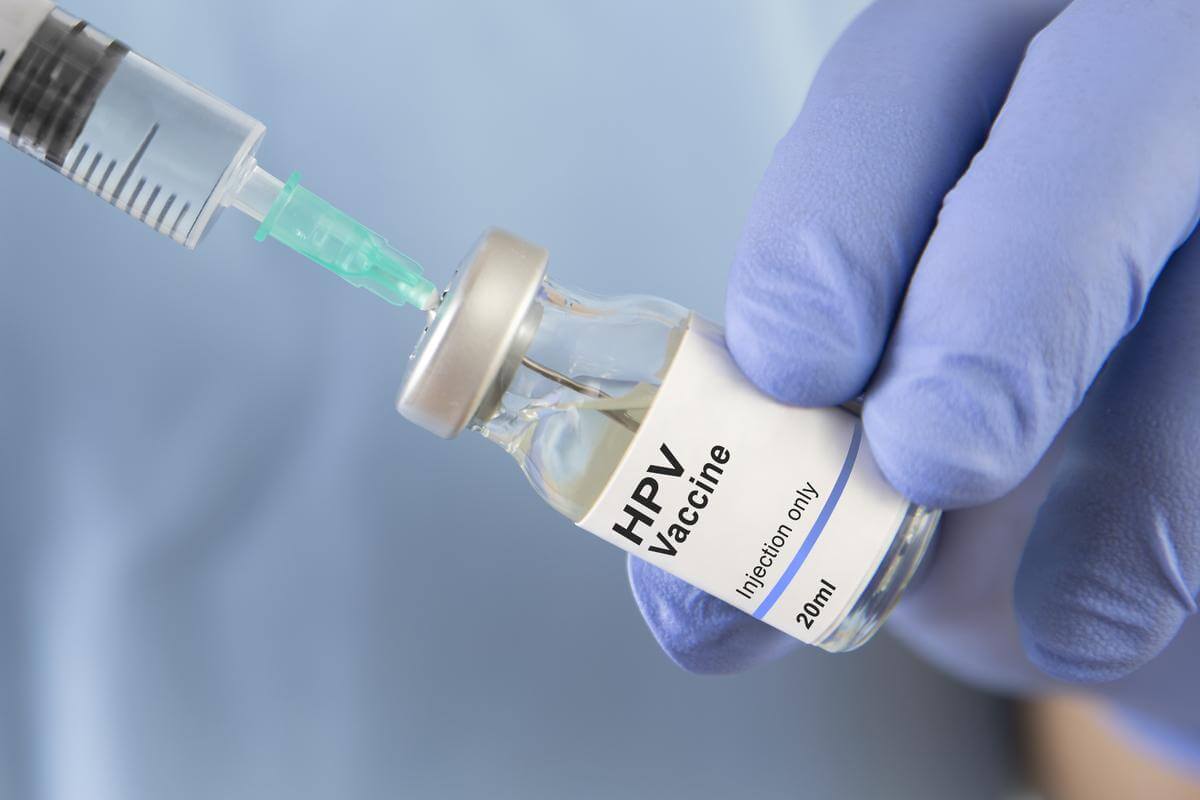
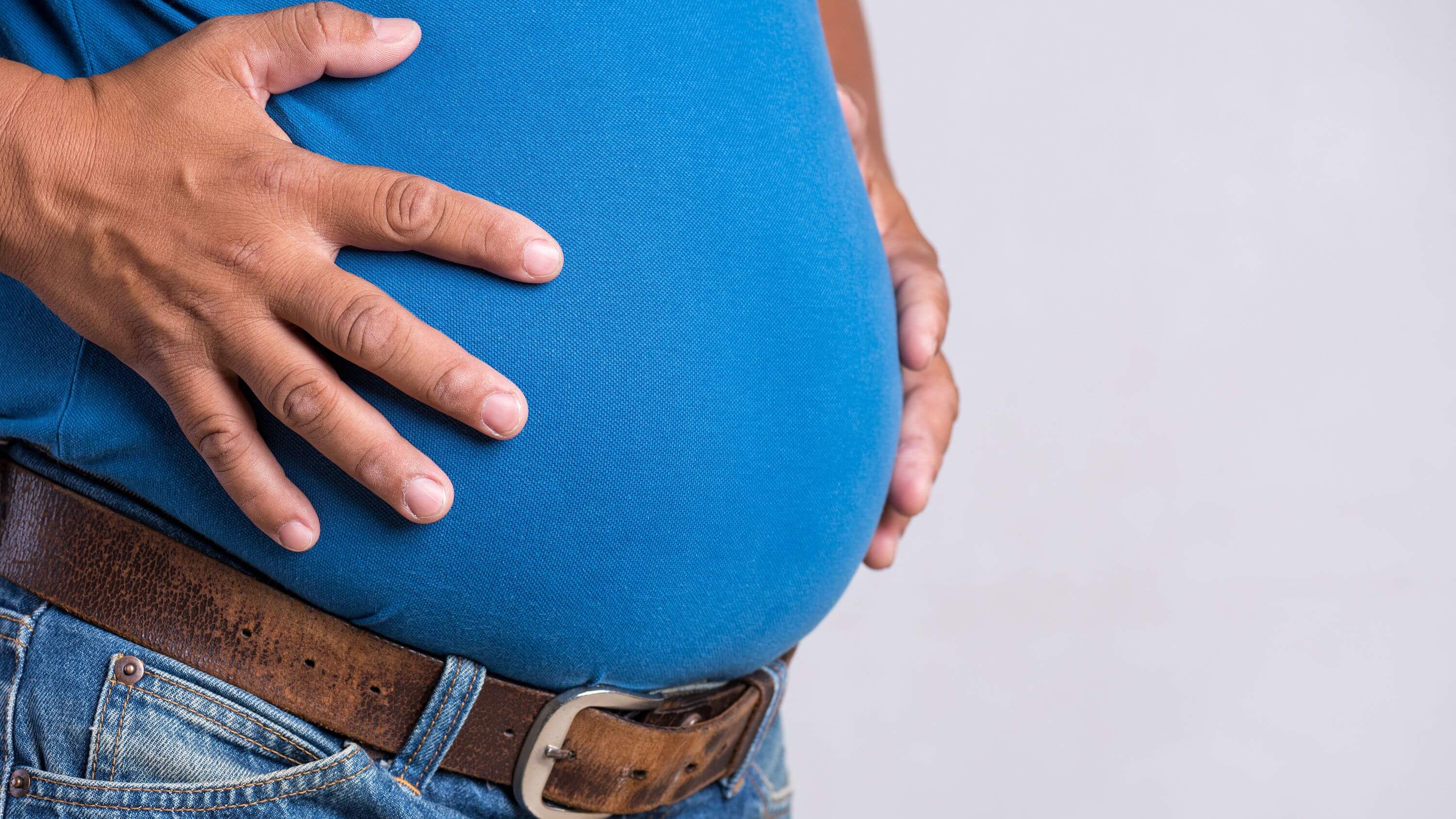




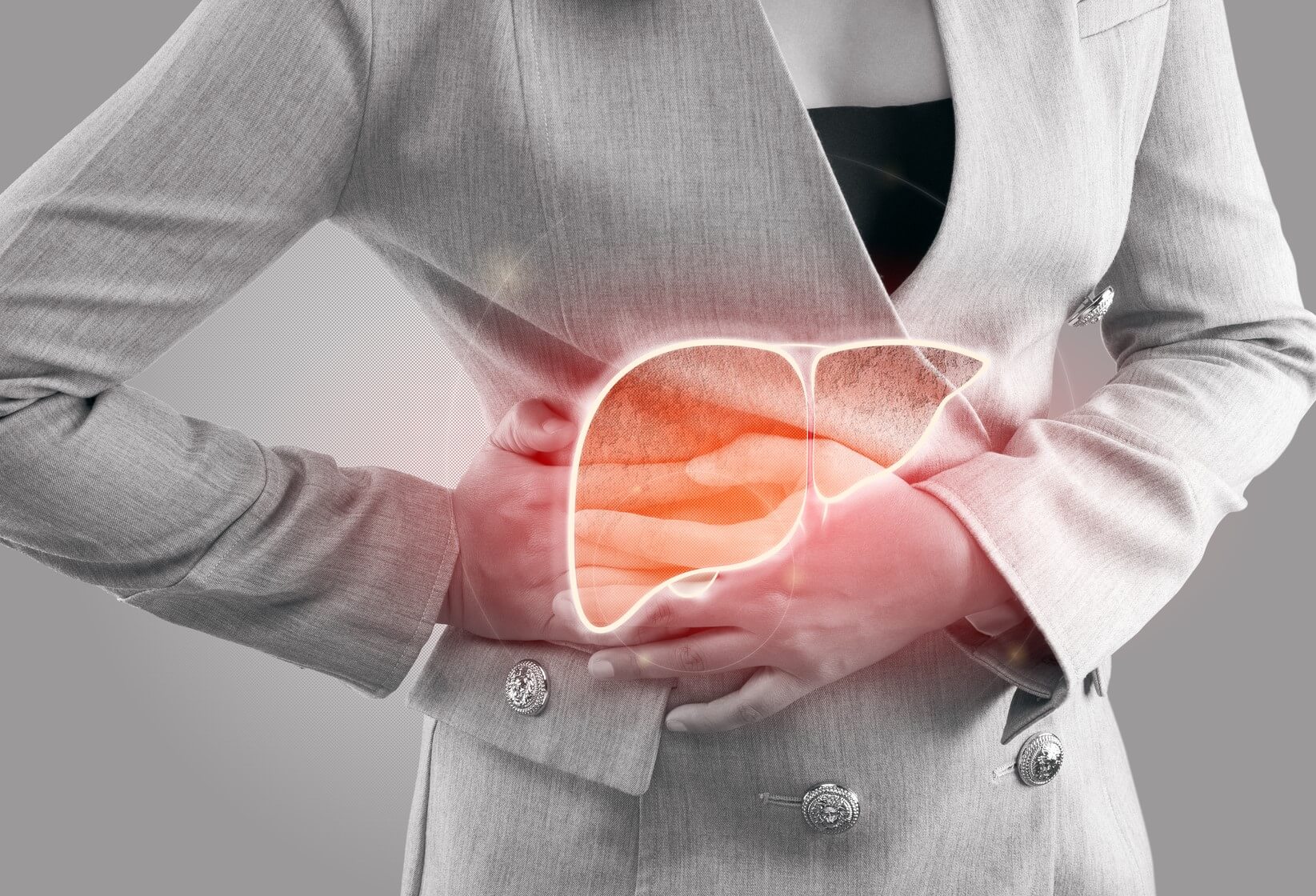
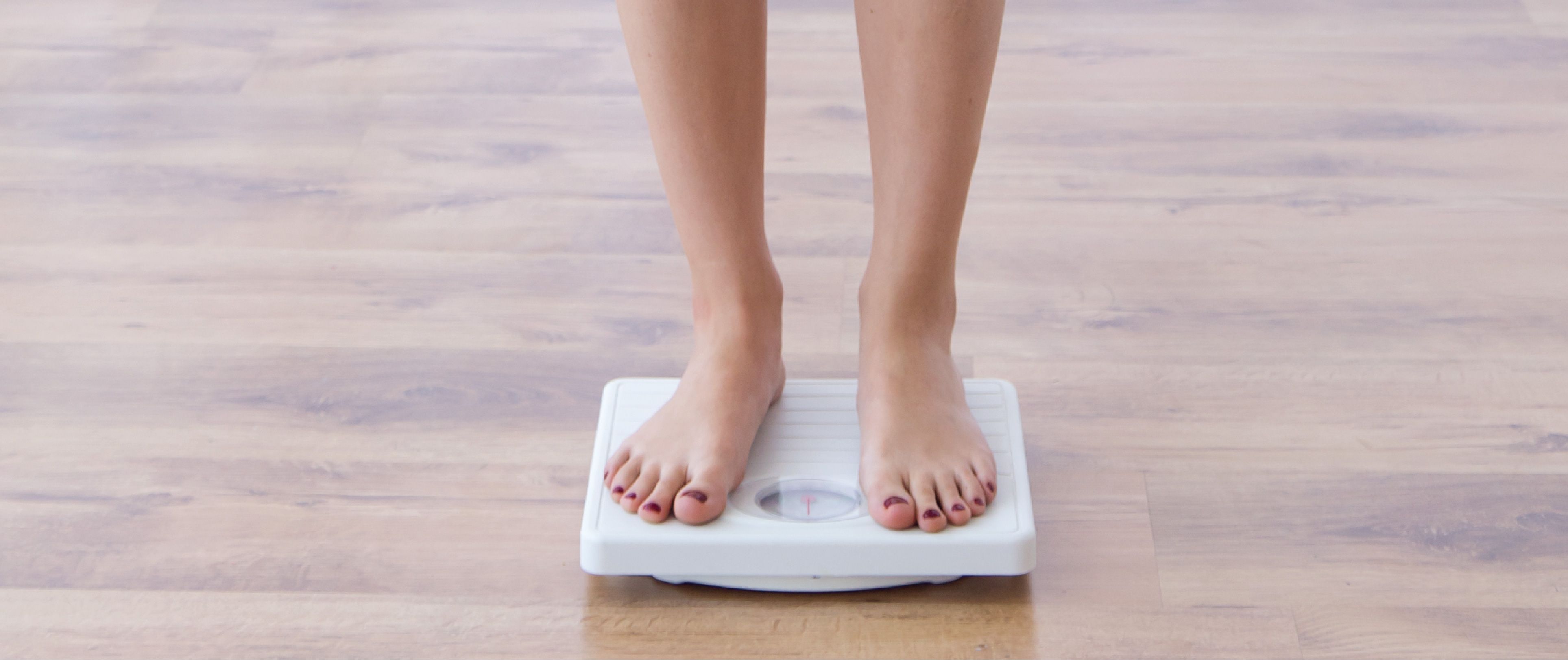
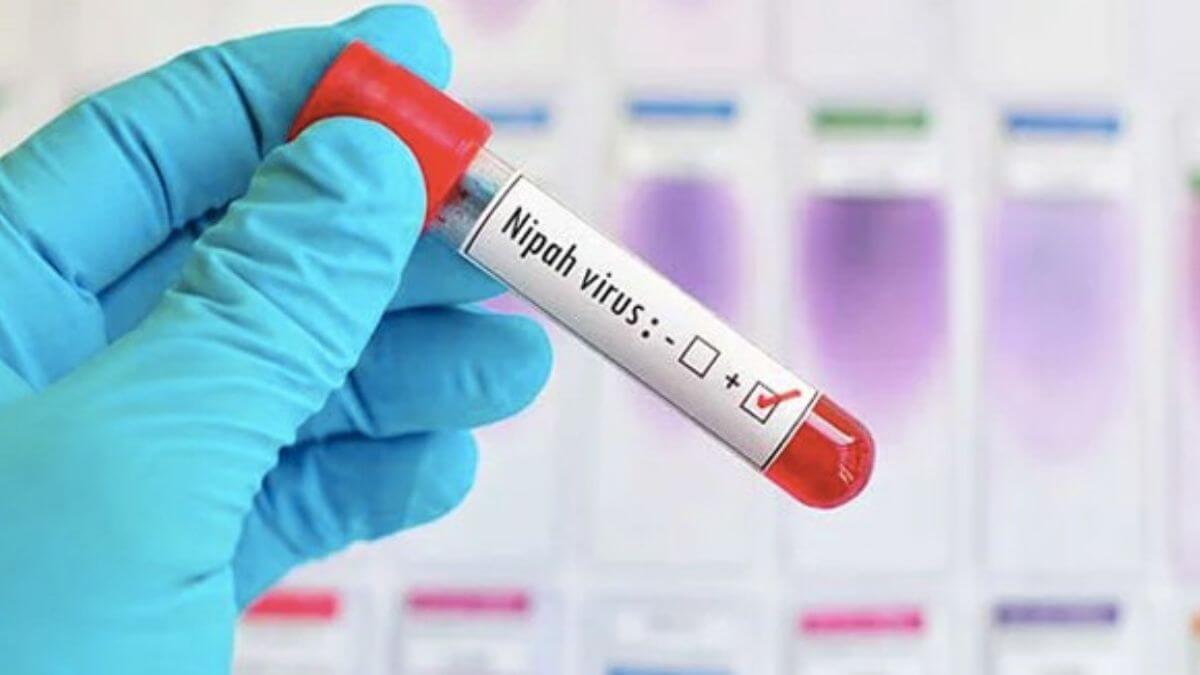
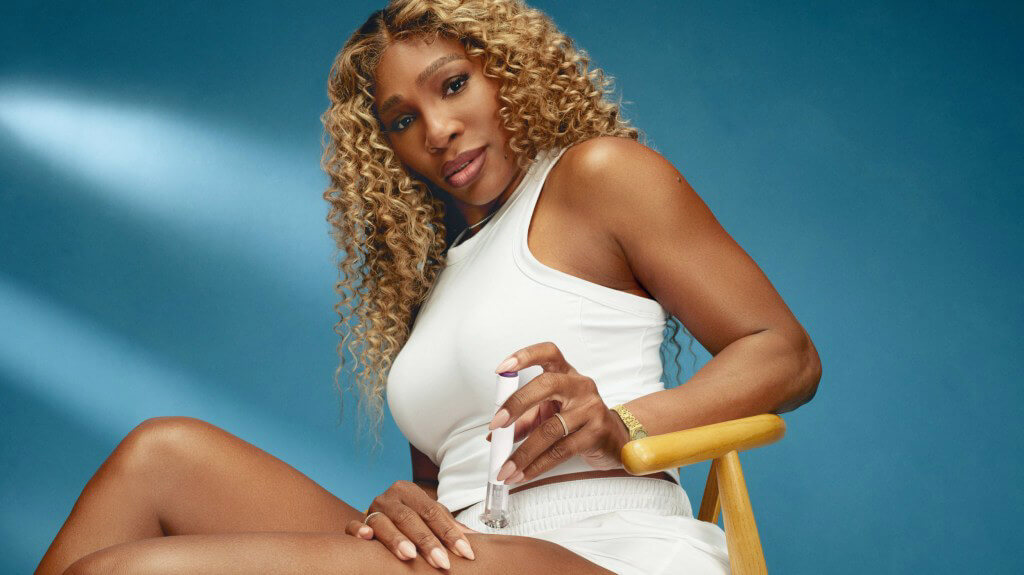
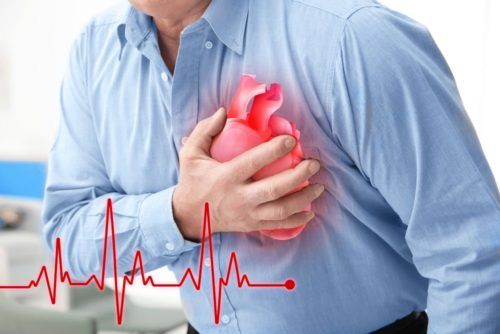












.jpg)
.jpg)
.jpg)


